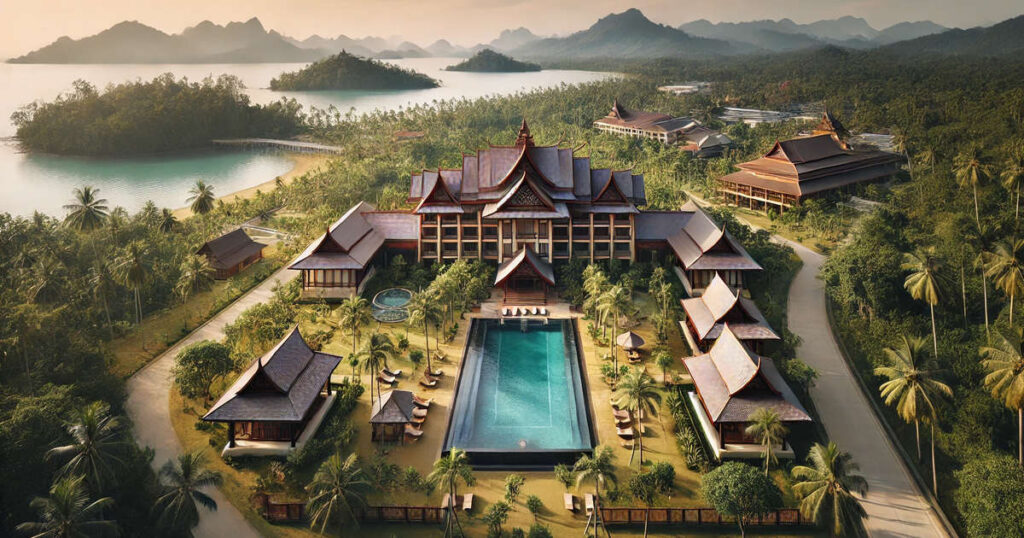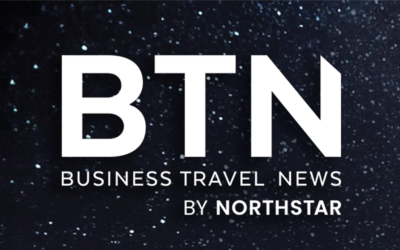Mastering Procurement in Remote Hotel Locations: Challenges and Strategic Solutions

Procurement hurdles in remote hotel locations require meticulous planning and strategic insight. According to a Global Business Travel Association survey, 54% of hotel executives in remote locations reported difficulty finding sufficiently diverse suppliers to meet their procurement needs. Studies by the International Journal of Hospitality Management found that hotels in remote areas face up to 30% higher procurement costs than their urban counterparts due to transportation and logistical challenges. In addition, 50% of remote hotels cite inadequate technological infrastructure and lack advanced procurement solutions like P2P software.
Remote resorts in the Asia-Pacific (APAC) region, especially in places like Fiji and the Philippines, need help getting supplies due to their isolated locations. These resorts can wait 12-16 weeks for essential items, dealing with unreliable transport and complicated supply chains. This impacts everything from basic supplies to primary infrastructure materials, making it hard to keep operations running smoothly.
When diverse suppliers who can meet quality standards are limited, remote hotels need help finding suppliers who provide competitive pricing, efficient solutions, timely deliveries, and quality products. Remote luxury resorts in places like the Seychelles and Tahiti face extended customs delays, up to six months, for custom furnishings and materials. They often have fewer supplier options, making procurement harder.
Moreover, risk management presents a daunting challenge in the procurement terrain of these isolated destinations. In regions like the Amazon and rural Australia, hotels often need more reliable local suppliers. This forces them to buy from international suppliers, leading to higher risks, higher costs and longer delivery times. Hotels in remote parts of South America, where local suppliers are scarce, must depend on long-distance imports. This makes them vulnerable to disruptions like political instability or delays, leading to shortages.
Ensuring suppliers’ financial stability is particularly challenging in areas with limited economic activity. This issue is further compounded by a need for hospitality-specific references in these regions, making it difficult for hotels to find suppliers who understand and can meet the unique demands of the hospitality sector. Hotels in remote locations, such as the Maldives and Alaska, face high increases in the cost of goods due to complex logistics and long shipping routes. Supply chain issues drive up prices, affecting profitability.
Additionally, suppliers in remote locations may not align with the hotel’s values around social responsibility and sustainability, complicating efforts to find partners who prioritise these crucial principles. In fact, research published in the Journal of Supply Chain Management highlighted that 60% of remote hotels can’t find suppliers who consistently adhere to social and environmental responsibility standards.
Inclusive procurement practices add another layer of complexity. When sourcing policies must align with the organisation’s strategic goals—especially in areas with scarce technological resources—the task becomes even more formidable.
However, despite these considerable challenges, various strategies can help navigate the complexities of procurement in remote areas. Technology is a vital enabler—digitising procurement processes can streamline operations, reduce manual tasks, and mitigate resistance, provided the necessary technological infrastructure exists. Additionally, establishing partnerships with external entities, such as public or voluntary sector organisations, can offer financial support and mentorship for local businesses, fostering the development of reliable local suppliers.
Charting a Path Forward
In essence, procurement challenges for hotels in remote locations encompass supplier scarcity, risk management, social responsibility, and the nuances of inclusive procurement. Addressing these issues requires a strategic approach tailored to the unique dynamics of remote settings and the specific needs of the hospitality industry therein. By strategically confronting these challenges and exploring feasible solutions, hotels can enhance their procurement processes and contribute significantly to the sustainable development of remote destinations.
In light of these multifaceted challenges, hospitality procure-to-pay (P2P) software can serve as a pivotal ally. By automating and streamlining the procurement process, P2P systems offer an integrated solution that encompasses everything from supplier management to transaction processing and compliance monitoring. For instance, leveraging real-time data analytics provided by P2P software enables hotel CFOs and executives to make informed decisions, mitigate risks, and optimise supplier relationships. This sophisticated technology not only reduces manual errors and operational costs but also enhances transparency and control over procurement activities, ensuring that every purchase aligns with the hotel’s strategic and sustainable objectives.
About FutureLog
FutureLog provides a fully integrated, cloud-based procure-to-pay platform for the hospitality industry. We facilitate an end-to-end procurement process from purchasing, through inventory management and up to invoice processing; all available in one platform to save you time and money. The FutureLog procure-to-pay platform is the foundation for seamless connectivity between Hotel Operations, Corporate Centres and Suppliers.
Suzanne Ward
Vice President Digital Marketing and Communication
+41 41 759 1861
FutureLog AG
View source

Recent Comments